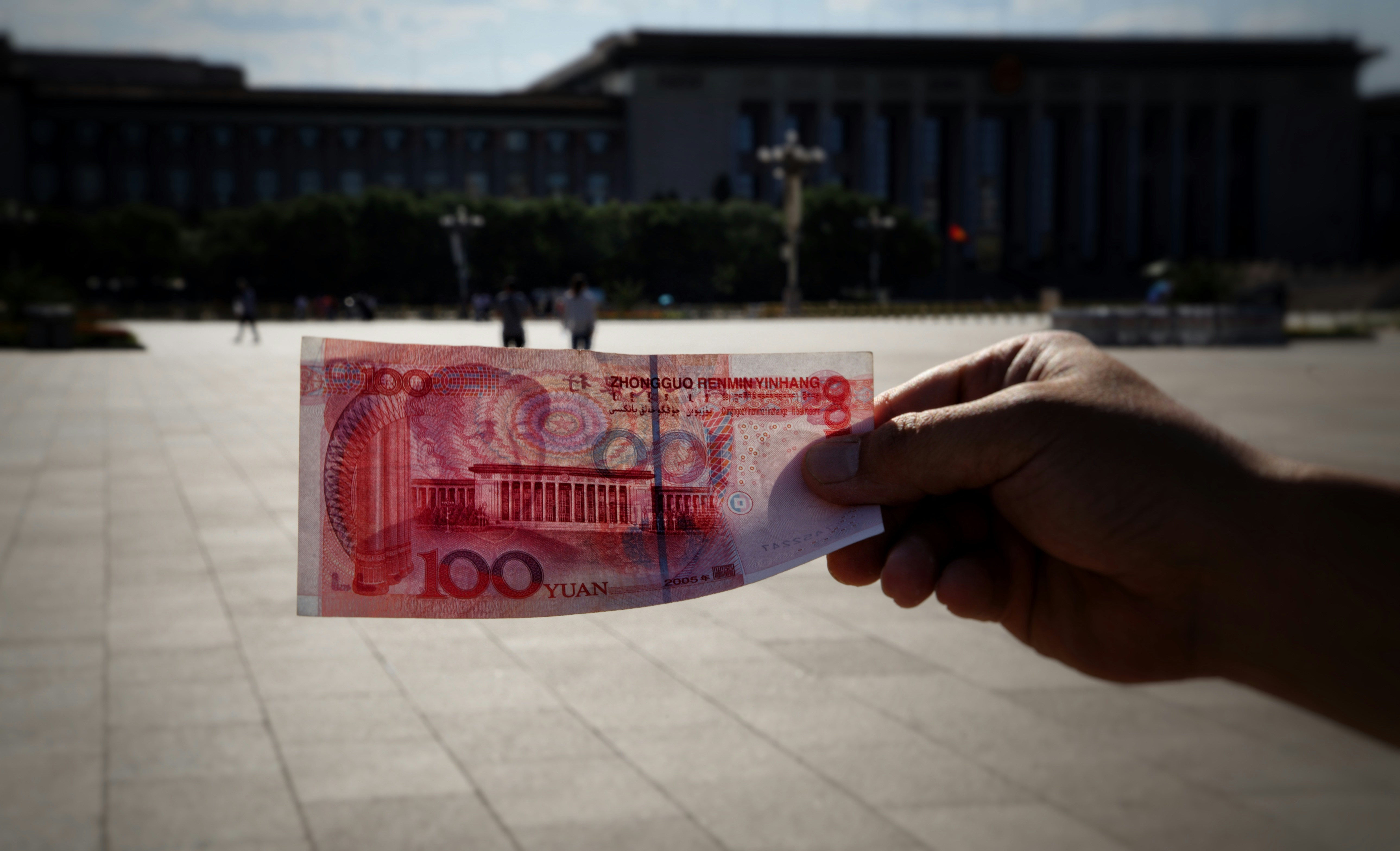Driving Economic Transformation: China's Rmb1 Trillion Debt Sale

China's recent announcement of a Rmb1 trillion debt sale has sent ripples across global financial markets. Yet, beyond the headlines of liquidity injections lies a deeper narrative – one of strategic economic transformation. This article explores how China's debt sale isn't merely about monetary influx but serves as a pivotal catalyst for driving long-term economic evolution.
The Strategic Allocation of Debt Proceeds: China's debt proceeds are earmarked for strategic sectors that are poised to reshape the nation's economic landscape:
- Investment in Technology: Funds will fuel China's digital economy, fostering innovation and research endeavors.
- Infrastructure Development: Significant allocations will be directed towards expanding transportation networks and advancing urban development initiatives.
- Green Initiatives: A portion of the debt proceeds will finance sustainable infrastructure projects and promote renewable energy sources.
Driving Economic Transformation: The debt sale is poised to catalyze profound changes within China's economy:
- Boosting Domestic Consumption: Targeted policies aim to stimulate consumer spending, nurturing a robust domestic market.
- Enhancing Global Competitiveness: Investments seek to strengthen China's position in global supply chains and foster international cooperation.
- Addressing Socioeconomic Disparities: Initiatives target poverty alleviation, rural development, and social welfare enhancement.
Implications for China's Economic Landscape: The debt sale will have far-reaching implications, shaping the future trajectory of China's economy:
- Shaping the Future of Industry: Investments will propel China towards a knowledge-based economy, fostering innovation clusters.
- Balancing Growth with Sustainability: China prioritizes environmental and social responsibility in investment projects, alongside regulatory frameworks for sustainable growth.
- Managing Risks and Challenges: Efforts are underway to address debt sustainability concerns and mitigate risks associated with market volatility.
Conclusion: China's Rmb1 trillion debt sale marks a pivotal juncture in the nation's economic journey. Beyond the immediate stimulus, it represents a strategic endeavor to drive sustainable growth and transformation. As China navigates this path, the world watches closely, recognizing its potential to reshape global economic dynamics.
Author: Ricardo Goulart
The Self-Destructive Nature Of Anti-Tourism Protests: Balancing Resident Concerns With Tourism Benefits
In recent years, anti-tourism protests have become increasingly common across popular tourist destinations. From the Bal... Read more
Military And Strategic Implications Of The Ukrainian Drone Attack In Kursk
On a recent morning, the Kursk region in south-western Russia witnessed an unexpected and significant event: a Ukrainian... Read more
Chinese Tech Stocks Gain Ground Despite Wall Street Technology Sell-Off
Chinese tech shares in Hong Kong gained on Friday, defying a technology stock sell-off on Wall Street, driven by strong ... Read more
Defense Pact Between Britain And Germany: A Focus On Cybersecurity And Joint Operations
In a move set to redefine European defense collaboration, Britain and Germany have signed a comprehensive defense pact a... Read more
US Secret Service Director Steps Down After Trump Assassination Attempt
Security lapses admitted by Kimberly Cheatle prompt resignation.Kimberly Cheatle, the head of the US Secret Service, has... Read more
Kamala Harris Promises A Brighter Future In Official Campaign Launch
In a vibrant and impassioned campaign launch, Vice President Kamala Harris vowed to lead America toward a "brighter futu... Read more

